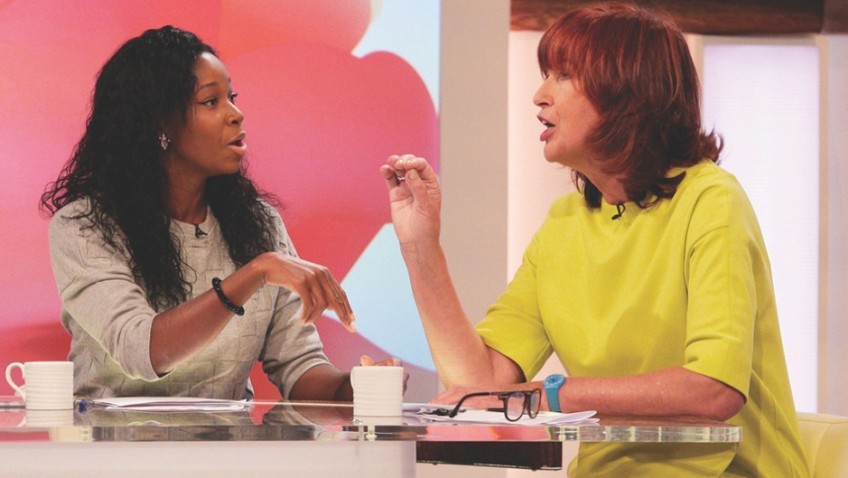The quality of programmes shown between 9 am and 6 pm has increased dramatically in the last few years and while there is a great deal of mindless and repetitious material being broadcast, if you are discerning, you can learn so much and view some excellent dramas.
The sections of the population who watch the television during the day include students, who these days have to be hardworking and financially aware in the current economic climate of having to fund their own education.
Many are “working from homers” who use the TV schedule to structure their working day. Instead of going out for a sandwich they may sit down and catch up on the lunchtime news. Then there are the parents of young children who are tied to the house or restricted by school times, those who do not have work, or do not need employment and shift workers.
Informed audience
However, the majority of viewers between these hours are of course the retired: they no longer have to go to work every day and can enjoy some “do nothing time” after a hard working life. This group of people are intelligent, discriminating and knowledgeable and should not be treated as uninformed just because they do not leave the house at the same time each day.
It must be very difficult for the commissioning editors to fill the daytime slots. We all want intelligent, entertaining television, and British TV is uniquely good at delivering it. The budgets in daytime TV are small but the expectations are not.
Most shows are made with honesty, care and wit. Those tiny budgets explain why daytime shows are so very long-running. It is cheaper to make 100 hours of the same show than 25 hours each of four different shows. Conversely this gives daytime TV one of its great charms. It has a familiarity and routine that very quickly makes it an integral part of our lives.
Daytime TV doesn’t attract much publicity or have its own category in the Baftas, and rarely receives reviews in the papers, but it is watched by an extremely broad and astute range of people.
The BBC has advised that its daytime programmes should “see what’s going on in Britain today and reflect it back to the audience”. They have identified “property, antiques, food, consumer and police” as top daytime genres for this reason.
The most watched are:
- Jeremy Kyle
- Homes under the Hammer
- This Morning
- Judge Rinder
- Countdown
- Tipping Point
- Escape to the Country
- Come Dine with Me
- The Chase
- Pointless
You will see from the list that quiz shows are very popular but are almost always broadcast in the afternoons. Because the series are long running for budgetary reasons we feel safe and comfortable and because the people who take part in these game shows are ordinary yet interesting. We are more sympathetic to them because they watch the same programme as we do yet aspire to have a go at winning.
The comperes of these shows are usually familiar faces and the BBC’s Shane Richie, who fronts Decimate, is a likeable personality as is Bradley Walsh of The Chase. The same presenters keep appearing in different formats, but because we know them we know what to expect.
The whole concept of daytime television is relaxed and while we can be shocked at the dangers shown in Helicopter Heroes and Countryside 999 we know all will be well in the end. Likewise the fraudsters and cheats, in Saints and Scroungers and in Rip off Britain types of programmes, will get their comeuppance.
Very occasionally we are treated to some high quality drama such as Moving On or WPC 56 which are quite worthy of being broadcast in the evenings to a wider audience.
by Tina Foster
Do you watch television in the daytime? Are you selective, or just happy to have the company of the box? Which are your favourites? Please do let me know.




